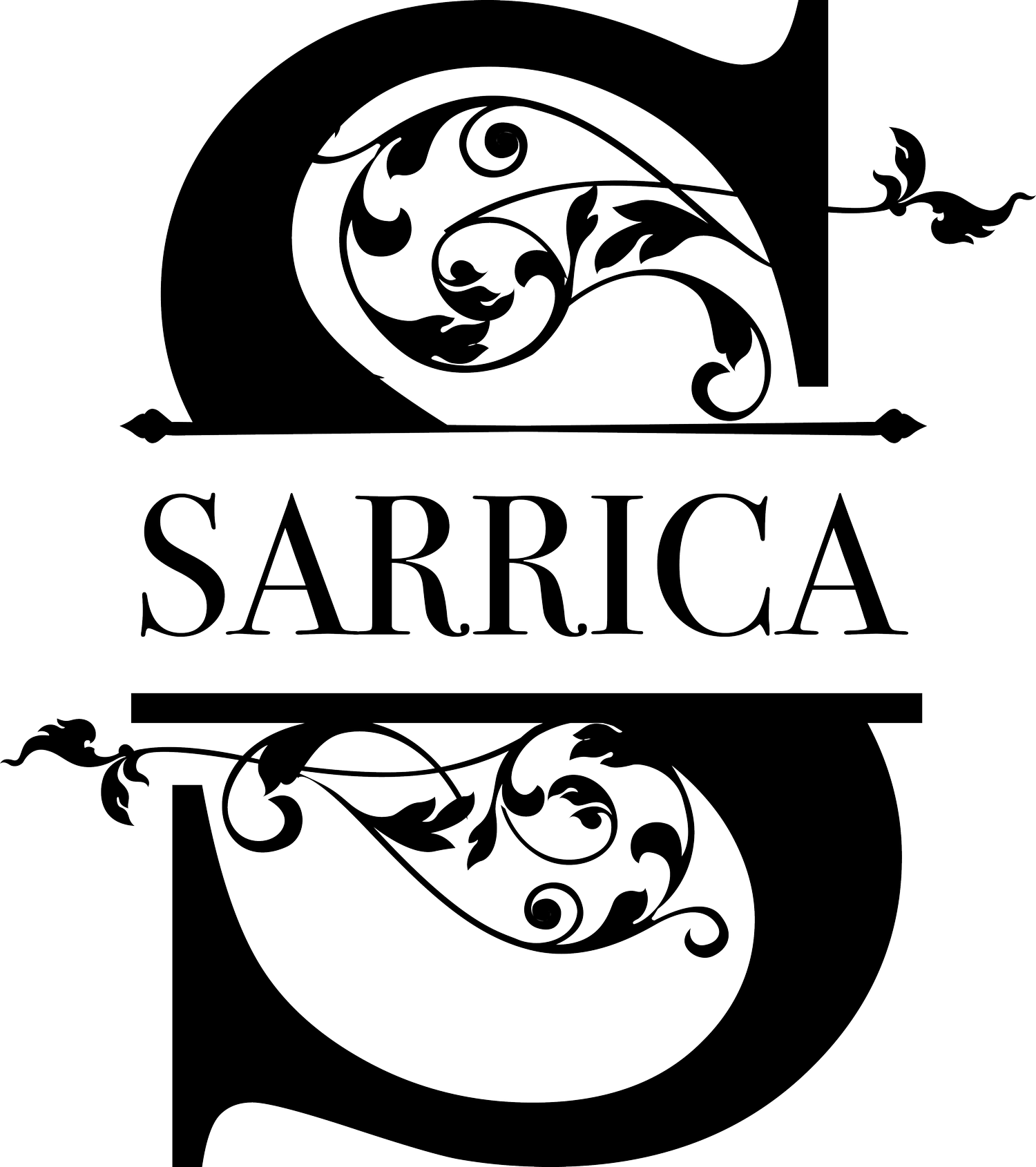Makoplasty vs. Partial Knee Replacement
Knee pain resulting from osteoarthritis can be very debilitating. It prevents us from walking, going up and down stairs, playing with our grandchildren, and participating in leisurely activities. For many of our patients, physical therapy can help to delay or prevent more invasive procedures such as injections or surgery. In other cases, patients will require knee replacement surgery to resolve their pain and decreased function. Most often, patients have elected to receive a standard total knee replacement (aka total knee arthroplasty- TKA) when their knee pain is severe and their orthopedist recommends it. However, in the last 5-10 years, technological advancements have allowed orthopedists to utilize something called Mako Robotic-Arm Assisted Knee Replacement. The results have been great thus far, and I am here to help you better understand how this procedure works.
What is a Makoplasty?
A Makoplasty is performed utilizing robotic assisted technology along with a CT scan of the patient’s knee.The surgeon is still performing the procedure, but the robotic arm is guided by cameras that allow for extremely precise incisions and removal of damaged articular cartilage. A CT scan is taken prior to the surgery and is visible three-dimensionally on a screen that your orthopedist will closely observe during the procedure.
How does a Makoplasty work?
A Makoplasty can be done as an alternative to a traditional total knee replacement, but it can also be performed as a partial knee replacement. The knee has a medial compartment (inside part), a lateral compartment (outside part) and a compartment right underneath the patella (knee cap). With a partial knee replacement your orthopedist will preserve as much of the healthy articular cartilage as possible, and will only remove the damage/inflamed areas. Most commonly, the medial compartment is replaced since that is the part of the knee that accepts the most amount of forces over our lifetime.
How does a Makoplasty differ from a traditional total knee replacement? Is it better?
The Makoplasty differs from a traditional knee replacement because it allows the orthopedist to preserve the collateral ligaments. A traditional knee replacement requires the orthopedist to cut and remove the anterior cruciate ligament (ACL). Some orthopedists also remove the posterior cruciate ligament (PCL), while others spare it. With a Makoplasty, neither ligament needs to be removed. These ligaments serve an important function in knee stability. The primary incision made with Makoplasty is much smaller than a traditional TKA, and recovery time is accelerated compared to a traditional TKA. With most total knee replacements, recovery typically takes approximately 3-6 months. Makoplasty procedures require a shorter recovery time (typically 1-2 months). These patients also often have less pain and swelling post-operatively, as compared to the traditional TKA.
Am I a good candidate for a Makoplasty?
It is always best to speak to your orthopedic surgeon to determine whether or not Makoplasty is appropriate for your needs. Your surgeon does need to be trained in this technology, so it is important to seek a surgeon with this kind of expertise if you believe you may qualify. Those who are the best candidates for partial knee replacements are typically those who have moderate to severe arthritis in one compartment (most often the medial compartment).
Do we treat patients who have had Makoplasty & partial knee replacements?
Yes! At Sarrica Physical Therapy & Wellness, we treat patients who have undergone these procedures and we see excellent results. Part of that is due to the brilliant surgeons, part of it is our clinical expertise in assessing and treating the condition post-operatively, and part of it is the persistence and commitment from our patients who want to get back to the things they love. If you have any questions, or would like to book an appointment for physical therapy, please contact us at 347-560-6920
Dr. Paul Nasri, PT, DPT
Staff Physical Therapist
Sarrica Physical Therapy & Wellness

